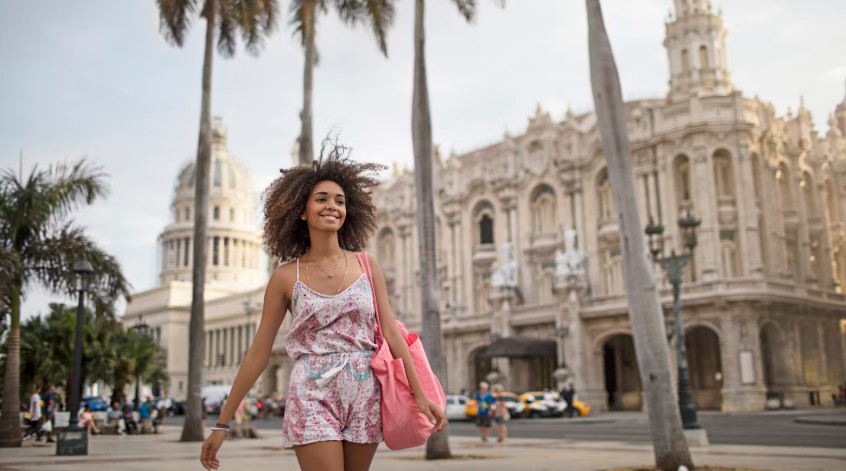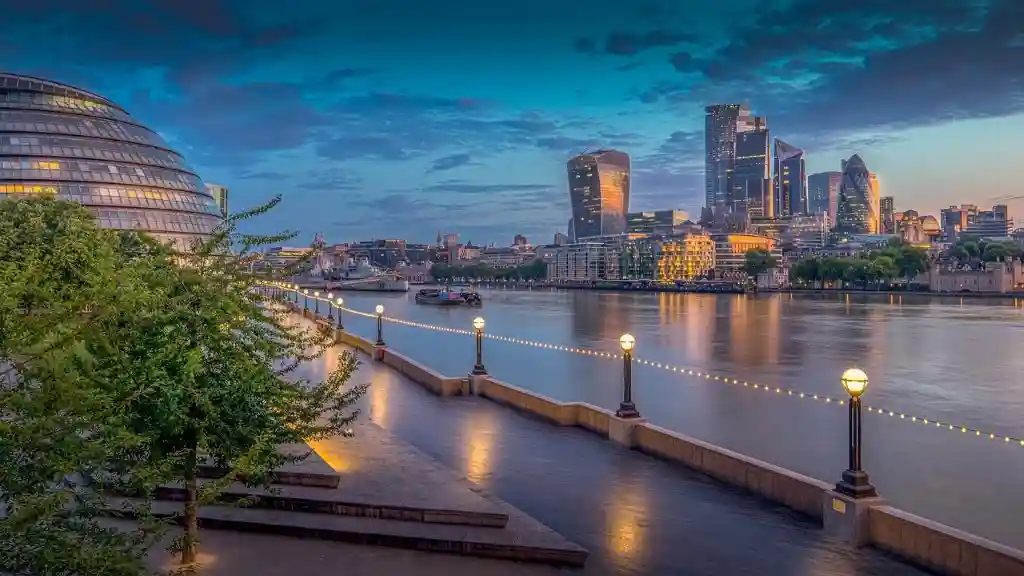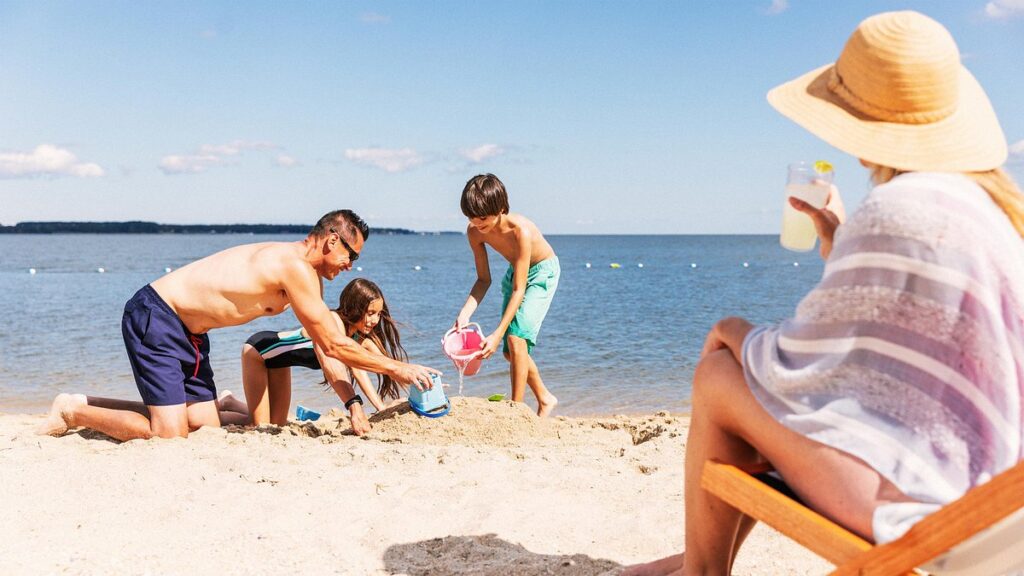Traveling to Cuba can be an exciting and enriching experience, filled with vibrant culture, stunning architecture, and warm, welcoming locals. However, it’s essential to be well-prepared and informed about the necessary requirements and useful tips before embarking on your Cuban adventure. In this guide, we will explore the facts, tips, and essential information provided by Lonely Planet to ensure a smooth and enjoyable trip to Cuba.
Facts and Information About Cuba
Visa Requirements for Traveling to Cuba
When visiting Cuba, it’s crucial to understand the visa requirements. Most travelers will need a tourist card or visa to enter the country. The process of obtaining a visa typically involves contacting the Cuban Embassy or a consulate in your country. It’s important to apply for the visa well in advance of your travel date, as last-minute arrangements can be challenging.
Currency and Exchange Regulations in Cuba
Cuba operates with two currencies: the Cuban convertible peso (CUC) and the Cuban peso (CUP). Travelers are advised to exchange their currency to CUC upon arrival in Cuba, as it is the primary currency used by tourists. It’s essential to exchange currency at official exchange offices or banks to ensure fair rates and to avoid potential scams.
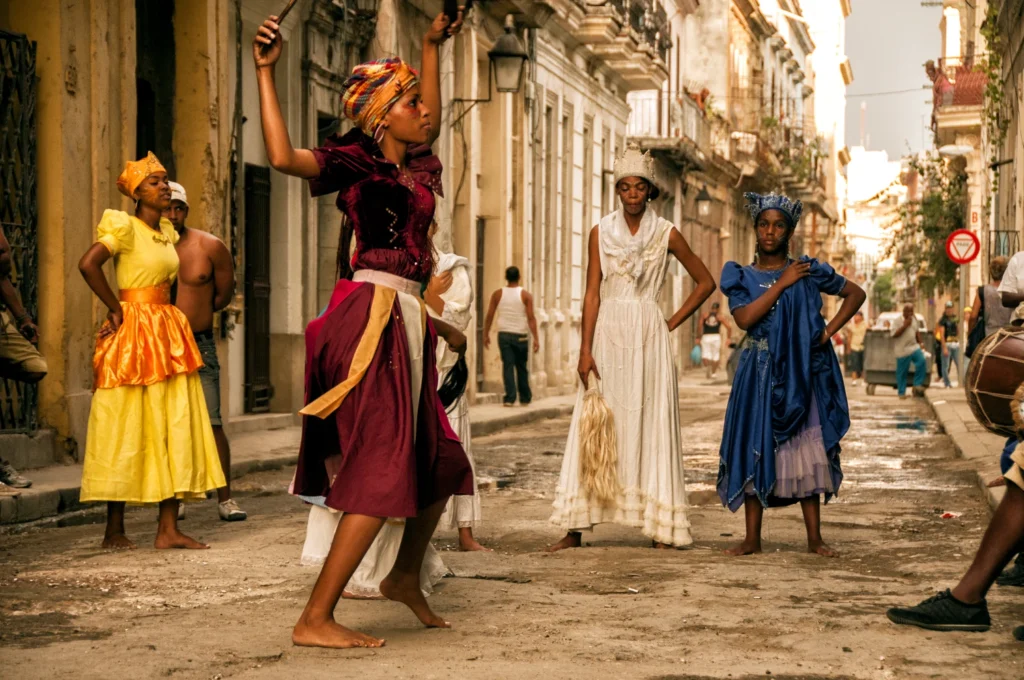
Cultural Norms and Traditions in Cuba
When visiting Cuba, it’s important to be respectful of the cultural norms and traditions. Cubans are known for their warm and friendly nature, and visitors are encouraged to engage with locals in a polite and respectful manner. Understanding and respecting Cuban customs, such as greeting with a handshake or a kiss on the cheek, will enhance your cultural experience in the country.
Planning Your Trip to Cuba
Obtaining a Tourist Card for Traveling to Cuba
Securing a tourist card is a vital step in planning your trip to Cuba. Tourist cards can often be obtained through airlines or tour operators offering travel to Cuba. It is advisable to check with the Cuban Embassy or consulate to confirm the specific requirements and procedures for obtaining a tourist card based on your nationality.
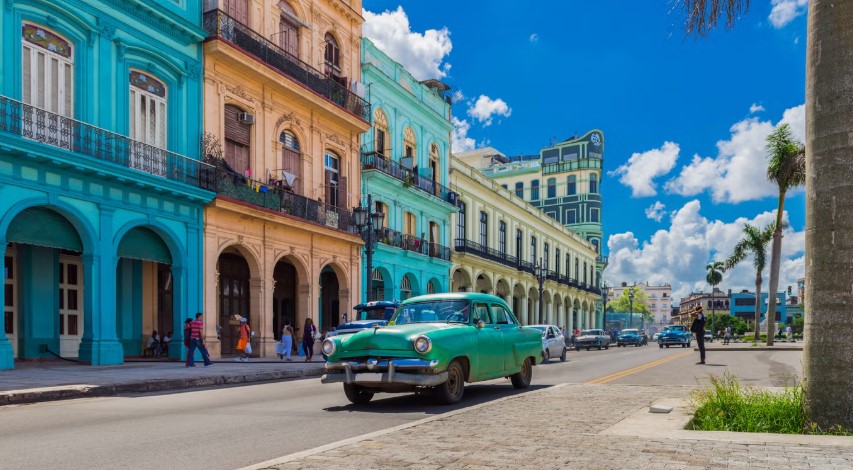
Top Tourist Attractions in Cuba
Cuba offers a wealth of captivating attractions for travelers. From the colonial charms of Old Havana to the picturesque landscapes of Viñales and the pristine beaches of Varadero, there is no shortage of places to visit in Cuba. Exploring the vibrant streets of Trinidad and delving into the country’s rich history and revolutionary heritage at sites like the Museum of the Revolution are also must-see experiences.
Best Times of the Year to Visit Cuba
The best time to visit Cuba is usually during the dry season, which runs from November to April. During this period, the weather is pleasantly warm, with lower humidity and minimal rainfall, offering ideal conditions for exploring the country’s numerous attractions. It’s important to note that the peak tourist season in Cuba typically coincides with the dry season, so making travel arrangements in advance is highly recommended.
Traveling to Havana, Cuba
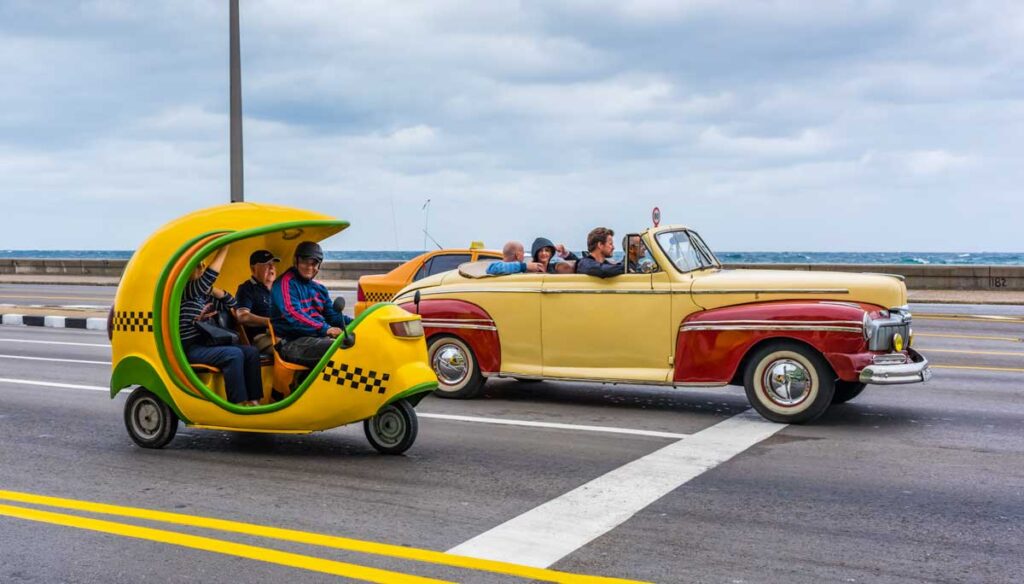
Transportation Options Available in Havana
Getting around Havana is relatively easy, with various transportation options available to visitors. From classic American cars serving as taxis to the iconic coco-taxis and the local bus system, there are numerous ways to navigate the city. Walking is also a fantastic way to explore Havana, allowing travelers to soak in the city’s unique atmosphere and stunning architecture at their own pace.

Safety Tips for Travelers in Havana
While Havana is generally a safe destination for visitors, it’s essential to exercise caution and be mindful of your surroundings. Travelers should be wary of pickpocketing and petty theft in crowded areas and tourist hotspots. Additionally, it’s advisable to avoid isolated or poorly lit areas, especially at night, and to keep a close eye on personal belongings to ensure a smooth and trouble-free experience in the city.

Best Accommodations in Havana, Cuba
Havana offers a diverse range of accommodations to suit various preferences and budgets. From charming boutique hotels nestled within the historic old town to luxurious resorts overlooking the Caribbean Sea, there is no shortage of options for travelers seeking a comfortable and enjoyable stay in Havana. Staying in a casa particular, a type of privately owned guesthouse, can also provide a unique and immersive insight into Cuban daily life and hospitality.
Exploring Cuban Cigars and Culture
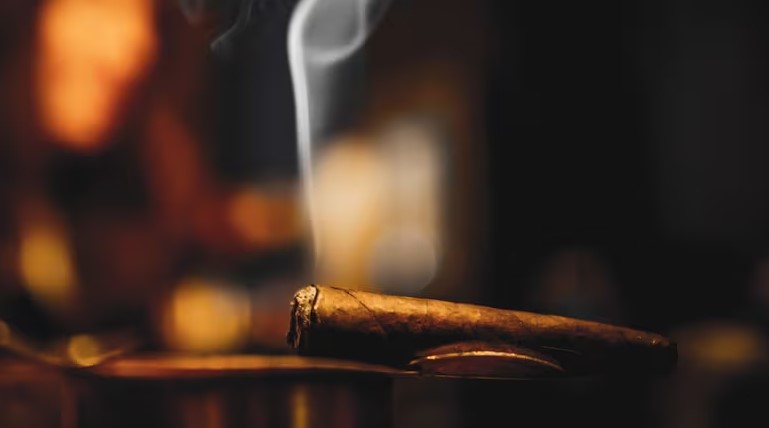
Significance of Cuban Cigars in the Culture of Cuba
Cuban cigars hold immense significance in the cultural heritage of Cuba. Renowned for their superior quality and craftsmanship, Cuban cigars are a symbol of prestige and tradition. The art of cigar making is deeply ingrained in Cuban culture, with a rich history dating back centuries, making it an integral part of the country’s identity and legacy.
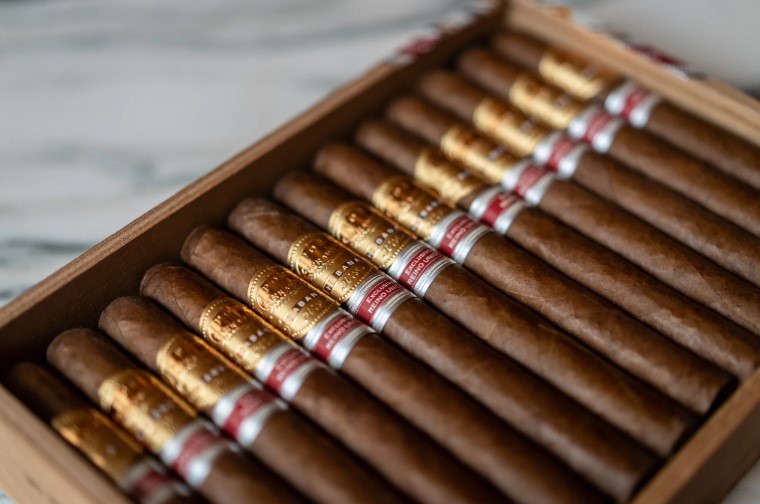
Places to Learn About and Purchase Cuban Cigars
Visitors to Cuba have the opportunity to explore and learn about the art of cigar production by visiting tobacco plantations and cigar factories. Popular regions for cigar enthusiasts include Pinar del Rio, known for its tobacco farms, and the charming town of Trinidad, where traditional cigar-making techniques are proudly preserved. Travelers can also purchase authentic Cuban cigars from authorized stores and tobacconists, ensuring the quality and authenticity of their purchases.
Etiquettes and Customs Related to Smoking Cigars in Cuba
Smoking cigars in Cuba is not only a cherished tradition but also a respected ritual. When partaking in cigar smoking, it’s important to observe proper cigar etiquette, such as using a cigar cutter to make a clean cut, and not inhaling the smoke deeply. Additionally, engaging in conversations about cigars with locals can offer valuable insights into the nuances of cigar culture and enhance the overall experience of enjoying Cuban cigars.
Staying Connected and Informed While in Cuba
Staying Connected to the Internet and Phone Services in Cuba
Accessing the internet and phone services in Cuba can be challenging due to limited connectivity and infrastructure. While some hotels and public Wi-Fi hotspots offer internet access, the connectivity may be unreliable, and the speed can be slow. It’s advisable to arrange for an international roaming plan with your service provider if staying connected is vital. Alternatively, purchasing a local SIM card can provide access to mobile data during your stay.
Necessary Safety Precautions for Travelers in Cuba
Ensuring personal safety while in Cuba involves taking common-sense precautions, such as safeguarding personal belongings and avoiding potentially risky situations. Travelers are advised to stay informed about their surroundings, keep valuable items secure, and be cautious when exploring unfamiliar areas. By remaining vigilant and aware of their environment, visitors can contribute to a safe and enjoyable travel experience in Cuba.
Staying Informed About Local News and Events in Cuba
While in Cuba, staying informed about local news and events can enhance the travel experience and provide valuable insights into the country’s culture and current affairs. Access to international news channels and English-language newspapers is limited, so travelers may rely on online news sources and local publications for up-to-date information. Engaging with locals and attending cultural events can also offer firsthand perspectives on Cuba’s vibrant social and political landscape.
Q: What are the essential travel tips for Cuba?
A: When traveling to Cuba, it’s important to obtain a visa to enter the country, ensure you have valid medical insurance, and notify the U.S. Embassy in Cuba of your visit. Additionally, it’s advisable to stay informed about the latest Cuba travel advisory and familiarize yourself with the regulations concerning U.S. citizens traveling to Cuba.
Q: How can U.S. citizens enter and depart Cuba using the general license?
A: U.S. citizens can enter and depart Cuba using the general license for 12 approved categories of travel, including family visits, official business of the U.S. government, journalistic activity, professional research, and more. It’s essential to review and comply with the regulations specified by the Office of Foreign Assets Control (OFAC).
Q: What safety precautions should travelers take while in Cuba?
A: Travelers to Cuba should be cautious of petty crime, as well as being vigilant about their belongings and surroundings. Additionally, it’s recommended to acquire travel insurance, be aware of the risk of violent crime, and ensure they have access to emergency medical assistance. It’s also advisable to drink bottled water and adhere to basic safety measures.
Q: Do I need to apply for a visa to enter Cuba?
A: Yes, most travelers need to apply for a visa to enter Cuba. The visa requirements vary depending on the traveler’s nationality and the purpose of their visit. It’s important to check the specific visa requirements and obtain the necessary documentation prior to traveling to Cuba.
Q: What are the regulations for U.S. citizens traveling to Cuba for work or official business?
A: U.S. citizens traveling to Cuba for work or official business must ensure that their activities comply with the regulations established by the Department of State and the Office of Foreign Assets Control (OFAC). This may include obtaining specific licenses and adhering to the guidelines related to conducting official business in Cuba.
Q: Are there any specific restrictions or sanctions for traveling to Cuba?
A: Yes, there are regulations and sanctions imposed by the U.S. government concerning travel to Cuba. It’s important for travelers, especially U.S. citizens, to familiarize themselves with the current regulations and ensure compliance with the Office of Foreign Assets Control (OFAC) guidelines to avoid any legal implications.
Q: What should I do in the event of an emergency while in Cuba?
A: In the event of an emergency in Cuba, including the need for consular assistance, U.S. citizens should contact the U.S. Embassy in Havana or the nearest U.S. consulate. It’s important to register with the embassy or consulate so that they can provide assistance and support during unforeseen circumstances.
Q: Is it legal to use foreign currency and make financial transactions in Cuba?
A: Yes, foreign currencies, including the Euro, are generally accepted in Cuba for making financial transactions. It’s advisable to exchange currency at official exchange bureaus or banks to ensure a reliable exchange rate. Additionally, it’s important to be cautious of potential scams or unauthorized currency exchange services.
Q: What are the precautions for safeguarding personal belongings and money in Cuba?
A: While in Cuba, it’s crucial to be mindful of petty crime and take precautions to safeguard personal belongings and money. This includes securely storing valuables, using hotel safes, and avoiding carrying large sums of cash. Travelers should also be aware of their surroundings and exercise caution in busy tourist areas.
Q: Are there any specific health and medical considerations for travelers to Cuba?
A: Travelers to Cuba should ensure they have comprehensive medical insurance coverage that includes overseas medical treatment. It’s also essential to be cautious of the quality of tap water and opt for bottled water to prevent water-borne illnesses. Seeking medical advice before traveling and carrying essential medications is advisable.

